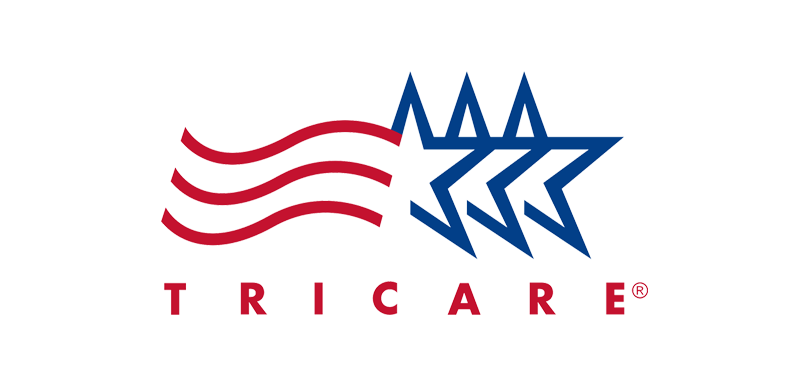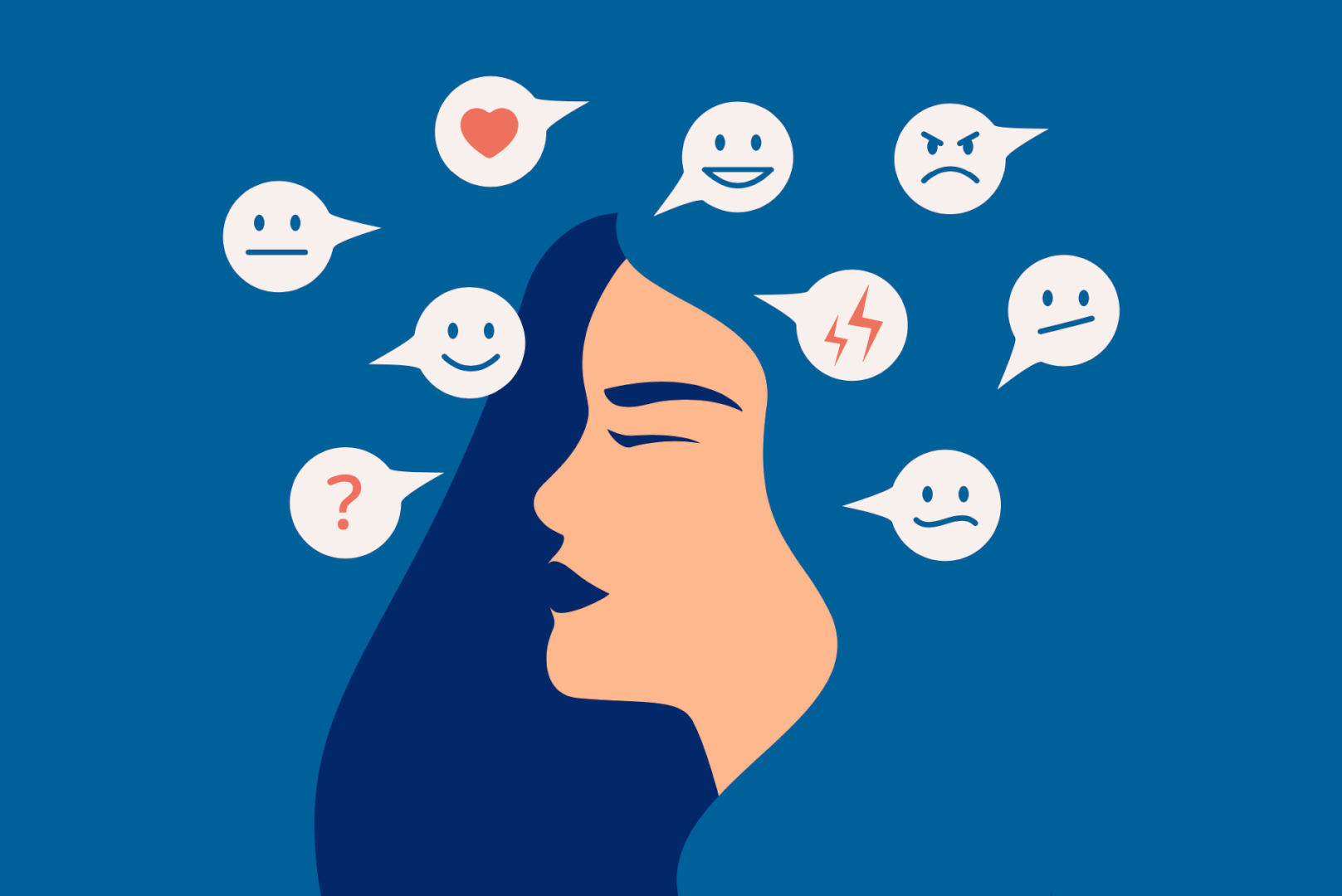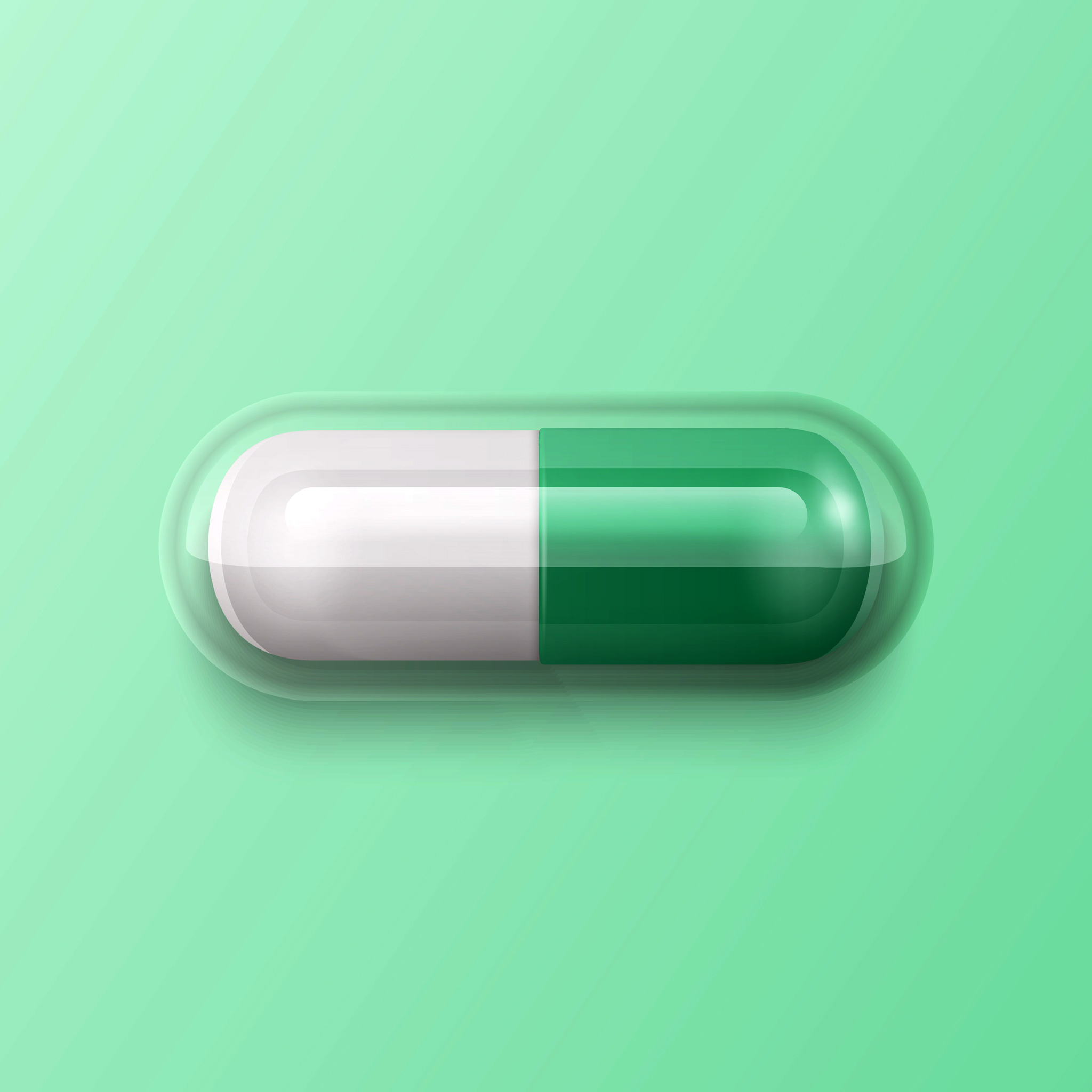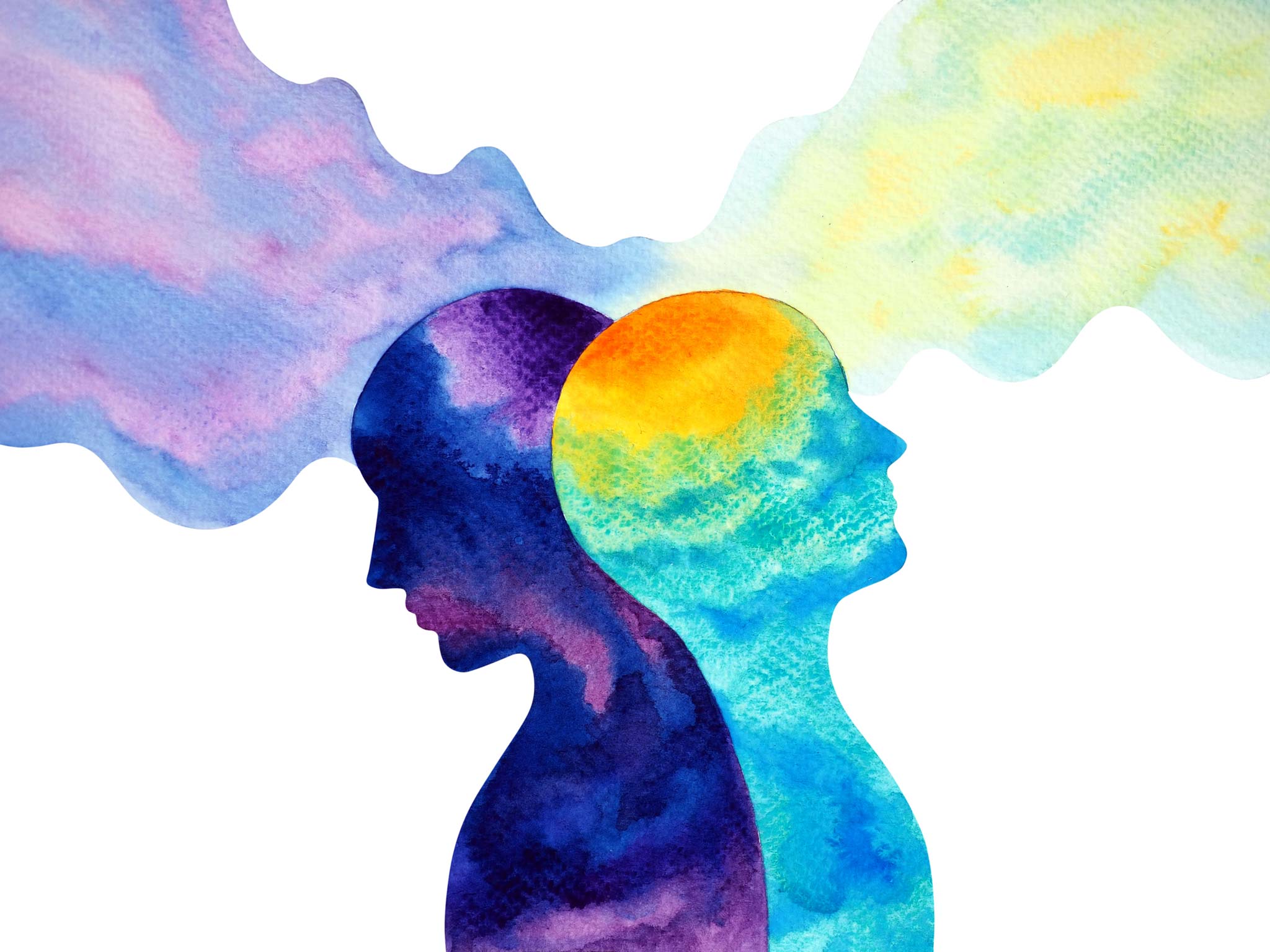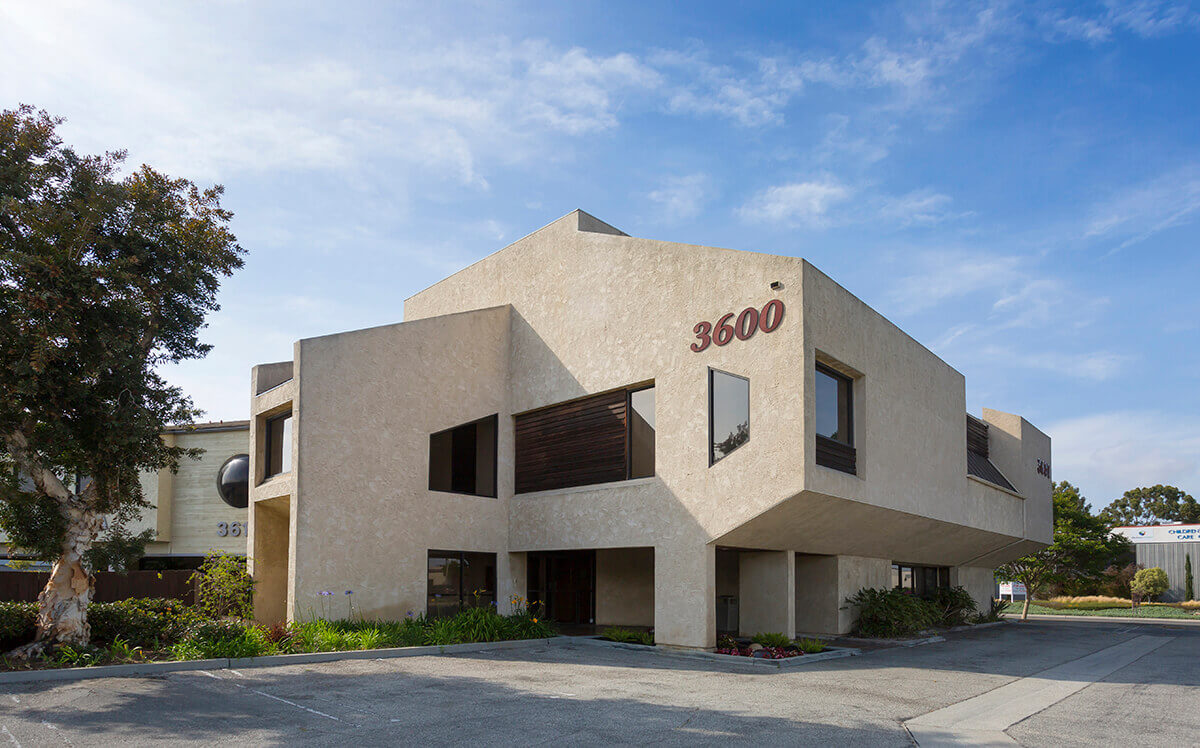
Psychiatry, Psychotherapy, & TMS Therapy for Bipolar Disorder
At Neuro Wellness Spa, our team of experienced psychiatrists and other caring clinicians is here to help you develop healthy and adaptive coping skills to manage bipolar disorder and live a joyful, thriving life.
How we can help treat your bipolar disorder
Over 10 million Americans have bipolar disorder, previously known as manic depression. Bipolar disorder can cause significant mood fluctuations (both highs and lows), and this can disrupt all aspects of your life, including relationships, thoughts, and behaviors.
With bipolar disorder, you experience both manic and depressive episodes. Most people who have a single manic episode go on to have additional episodes, and manic episodes often happen just before a depressive episode. Although there is no cure for bipolar disorder, our experienced team can help you by developing a comprehensive treatment plan that can include psychiatric medication management, talk therapy, and TMS therapy.
Our clinicians are experienced with effectively treating the symptoms of bipolar disorder. At Neuro Wellness Spa, you will connect with a psychiatrist who will work with you to find the best medications to manage bipolar disorder, a therapist who is skilled at a number of modalities that can provide tools for living a more enriched and fulfilling life, and you may find that TMS therapy helps with depressive symptoms of bipolar disorder. We provide:
Medication management for bipolar disorder
Medications are an essential part of treatment for bipolar disorder. They help keep your moods in balance. Bipolar disorder is treated with three classes of medication: Mood stabilizers, antipsychotics, and antidepressants.
- Mood stabilizers: The most common drugs used to treat Bipolar are Lithium Carbonate and Valproic acid, which is known as Depakote. Lithium can prevent depression recurrences, but is most effective at treating mania, which is why it can be prescribed with an antidepressant.
- Antipsychotics: Your psychiatrist might prescribe an antipsychotic along with a mood stabilizer for some bipolar disorder manic symptoms, as they help regulate brain circuit functioning.
- Antidepressants: Antidepressants alone might trigger a manic episode, so you will be closely monitored by your psychiatrist to assess your state and make changes as needed.
Your psychiatrist might also monitor you through blood tests and assessments, as some of the medications can be toxic if the dosage is too high.
TMS therapy for bipolar disorder
For some with bipolar disorder, transcranial magnetic stimulation (TMS) therapy can relieve depressive symptoms. TMS therapy has a breakthrough device designation from the FDA and is used off-label in the treatment of bipolar disorder, and research has shown that it is effective in reducing the depressive symptoms of bipolar disorder. Our psychiatrists will work with you to determine if TMS therapy is right for you.
Talk therapy for bipolar disorder
Our therapists use several types of therapy to treat bipolar disorder. Our team of masters level clinicians is trained in the most successful modalities for bipolar disorder and will work with you to develop a treatment plan that is unique to you.
- Interpersonal and social rhythm therapy (IPSRT) focuses on establishing and stabilizing daily routines and allowing you to focus on maintaining healthy activities of daily living (ADLs). A consistent routine allows for better mood management. When you have bipolar disorder, you thrive on routine and a healthy lifestyle with sleep, diet, and exercise.
- Cognitive behavioral therapy (CBT) focuses on identifying unhealthy negative thoughts about yourself and replacing them with more positive ones. CBT can also help you identify your triggers for bipolar disorder and develop positive coping skills when the triggers occur. The Mindfulness component of CBT can help you cope with stress.
- Psychoeducation (learning about bipolar disorder) is key. Having information on what is going on and how to manage it can help you and your loved ones prevent additional manic episodes and know when to seek out help.
- Family therapy is a helpful tool for bipolar disorder. Having the support of your family and loved ones facilitates open communication and recognizes warning signs of mood swings.
Residential & outpatient programs for bipolar disorder
Our partner programs at Clear Behavioral Health provide more in-depth, structured support, and we can work with you to determine if a higher level of care is useful for managing bipolar disorder. Clear Behavioral Health is managed by the same experienced health clinicians as Neuro Wellness Spa and provides both residential programs as well as in-person and virtual outpatient (PHP and IOP) programs for bipolar disorder.
These programs include wide-ranging support: from psychiatric medication management to group therapy and educational classes.
We are in-network with nearly every insurance provider.
What is bipolar disorder?
Bipolar disorder (also referred to as manic-depressive illness or manic depression) is a mental health condition that results in extreme fluctuations in mood, as well as alterations in sleep patterns, cognitive processes, energy levels, and behavior.
People with bipolar disorder can experience what is called a “manic episode”, during which they experience abnormally, persistently elevated or irritable mood and increased activity or energy. Mania has been described as feelings of euphoria, excessive cheerfulness, and feeling like you’re on top of the world. Patients in mania also tend to be reckless and impulsive. Patients can also experience hypomania, which is similar to mania but with milder symptoms that don’t interfere with daily life. Patients swing from mania or hypomania to depressive episodes that are similar to major depression.
Signs of bipolar disorder
Signs of bipolar disorder can be broken down into mania and depression.
Manic symptoms include:
- Feeling elated, happy, or overjoyed.
- Inflated self-esteem.
- More talkative and quicker than usual.
- Easily distracted.
- Irritable or agitated.
- Decreased need for sleep.
- Delusions or hallucinations.
- Impulsivity in areas such as spending and sexual activity.
Depressive symptoms include:
- Suicidal thoughts.
- Feeling sad, irritable, or hopeless most of the time.
- Lack of energy or lethargy.
- Difficulty concentrating.
- Loss of interest in previously enjoyable activities.
- Feelings of emptiness.
- Self-doubt.
- Lack of appetite.


Types of bipolar disorder
There are three types of bipolar disorder:
- Cyclothymic disorder: This form is characterized by alternating episodes of elevated and low moods that persist for a minimum of two years, though the intensity of these symptoms is milder compared to Bipolar I or II.
- Bipolar I: This type involves manic episodes lasting at least a week that are so severe they require medical attention. There are also depressive periods that last about two weeks.
- Bipolar II: This type involves a depressive episode and one hypomanic episode but no mania. Symptoms are often much milder and don’t require hospitalization.
Get started in a few easy steps
Check eligibility
See what you can save with your insurance plan.
Brief assessment
Answer a few questions to get started.
Meet your provider
Begin the journey towards a happier, healthier you.
Latest resources
-
TMS for Bipolar Disorder: How It Works
Bipolar disorder is a mental illness that affects a person’s mood and can cause episodes of depression, mania, or both.…
-
Bipolar Disorder Medication: What You Need To Know
Bipolar disorder medication is designed to stabilize mood swings and can be used with other treatments like psychotherapy for better…
-
What Is Bipolar Disorder?
Bipolar disorder is a common but often misunderstood mental health condition marked by dramatic shifts in mood, energy, and activity…
View our complete archive of resources from our expert contributors:
Our locations
Frequently asked questions
Read through our FAQ for any questions you may have about bipolar disorder treatment, or give us a call today. We are here to answer your questions and support you or your loved one through their healing journey.
Will I continue to experience bipolar disorder after treatment?
Bipolar disorder is a lifelong mental illness, but with medication management, therapy, and TMS for bipolar disorder, you can see a decrease in your symptoms and have a greater awareness of your disorder to recognize and manage triggers in the future.
What to expect during TMS therapy for bipolar disorder?
During TMS treatment sessions, you’ll wear an electromagnetic coil carefully situated to send pulses to focally targeted areas of the brain. Treatments take around 20 minutes per session, and you can start to feel better in as little as 2 weeks.
Will therapy help with bipolar disorder?
While medication is the best tool for treating bipolar disorder, it is often most effective when used in conjunction with therapy. Through psychoeducation, our clinicians will help both you and your family understand more about bipolar disorder, triggers, and warning signs. Our team of therapists is well-trained in the modalities that are best suited for treating bipolar disorder. Our therapists will work with you to develop realistic and appropriate goals to treat your bipolar disorder and create the best chance of success for you.
What our patients are saying:
Contact us
For more information about our services, or to find out if your treatment is covered by your health insurance, contact our expert clinical team today by completing this form.












